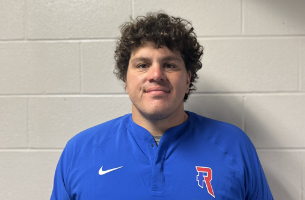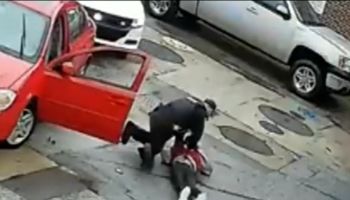INDIANAPOLIS–Indy’s Fraternal Order of Police will ask legislators to fix what it says is a dangerously broken bail bond system.
Bond amounts are largely determined by a grid which matches up the charges a defendant is facing with the suspect’s characteristics. FOP president Rick Snyder charges some Marion County judges are operating “with blinders on” and rubber-stamping low or no-bond releases. He wants legislators to require judges to review a suspect’s criminal history, including any pending charges, before making a decision on bond.
Snyder says judges should check prosecutors’ work, assessing whether the facts of the case submitted by police justify more, or less, serious charges than what prosecutors have filed. And he’s asking legislators to reclassify 11 low-level felonies, from stalking to battery without a weapon, as violent crimes. Because they aren’t treated that way, Snyder says, judges may look only at what charge has been filed, order the standard $500 bond for the least serious felonies, and end up releasing someone who’s a danger to public safety.
Snyder says there are no hard numbers on how many of Marion County’s record number of homicides have been committed by repeat offenders, but charges it happens frequently.
The FOP is also taking aim at nonprofit groups who post bond on defendants’ behalf. The union wants a law requiring those groups to face the same regulations as private bail bondsmen, holding them responsible if a suspect doesn’t show up for a court date or is rearrested while out on bond.
Snyder says he understands and agrees with concerns raised by those groups that bond has an unequal effect on low-income defendants, leaving them languishing behind bars while more well-off suspects post bond. But he notes low-income residents also suffer disproportionately from violent crime.
The FOP has voiced similar concerns about low bond amounts for months. Snyder accuses Marion County judges and prosecutors of ignoring the group, and says officers are turning to the statehouse in response. He says legislators from outside Indianapolis shouldn’t view the proposals as Indy-centric bills — he predicts other communities will face the same issues if legislators don’t act.
“It is embarrassing to have to be calling and seeking help from the state level only because our local leadership refuses to take the necessary actions to intervene and prevent many of these tragedies,” said Snyder.












